Taking portraits of the people I meet on my travels is one of the most challenging, inspiring and rewarding aspect of photography for me. Walking around with a camera in my hand sometime can be a portal to another layer of the culture that I normally wouldn’t get to know. Sometime there’s such a deep, almost intimate, human connection between me and my subject—even if we don’t speak the same language—it’s a beautiful feeling. This sort of connection is what keeps my love for photography alive, so you can imagine how pissed of I get when I see carless rude tourist throw their cameras in people faces without even saying a word to them.
There are unwritten rules on what’s ok and what’s not ok when it comes to take portraits of people while traveling so once and for all let’s write these damn rules down so we can all behave like civil and caring human beings!
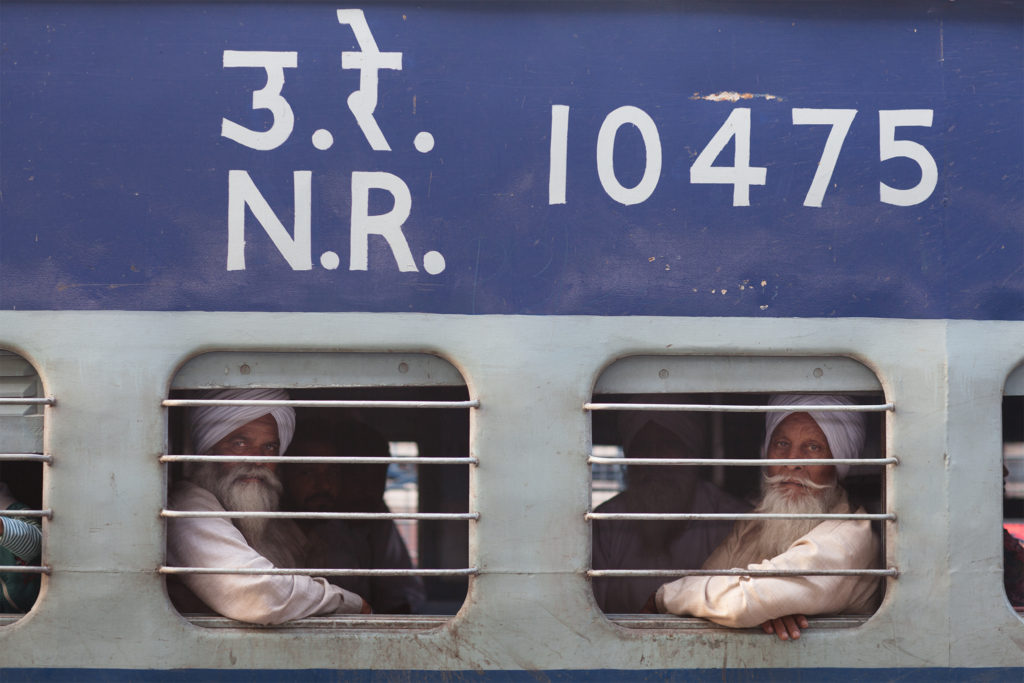
CULTURAL SENSITIVITY
Do a bit of research before you leave. Learn about the culture and the people, find out what’s acceptable and what’s not in that country so that you can approach the situation sensitively. You should always ask yourself: “if that was me, would I want my picture taken in this specific moment?” and if the answer is no, put the camera down and walk away.
RESPECT THE CULTURE
Tell the real story of a country. Don’t manipulate reality just to have a cool shot and don’t depict a fairytale if things are not that positive; Don’t behave like a paparazzi stalking a celebrity, respect people and situations (if there’s a religious ceremony going on, or monks are meditating for example maybe you shouldn’t disturb them with your click noises). And lastly, always value your subject and dignify people and don’t portray destructive stereotypes.
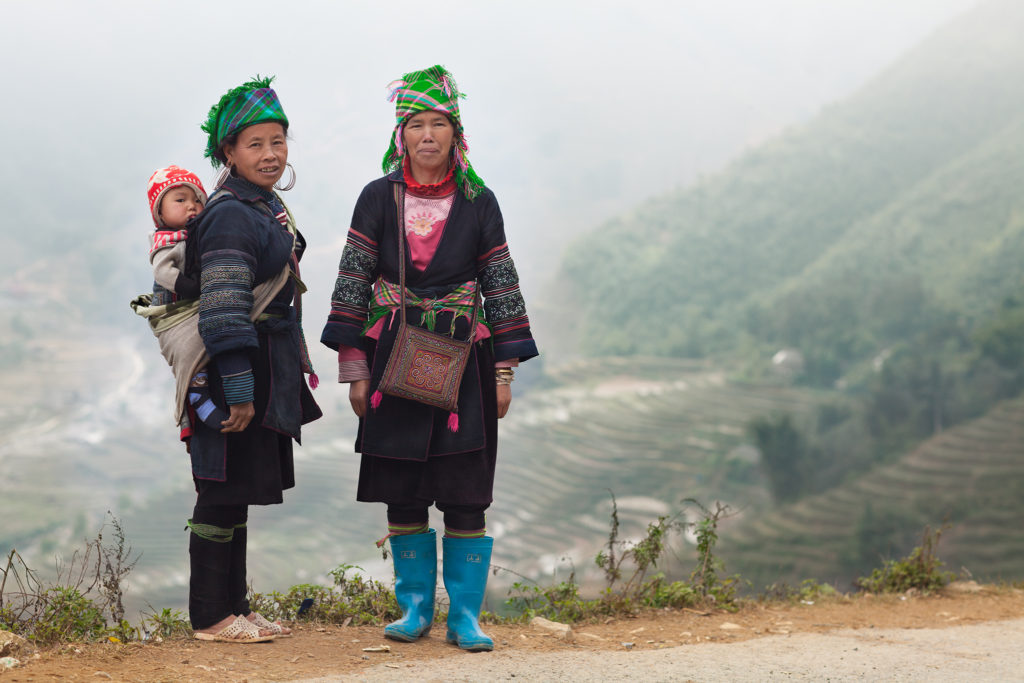
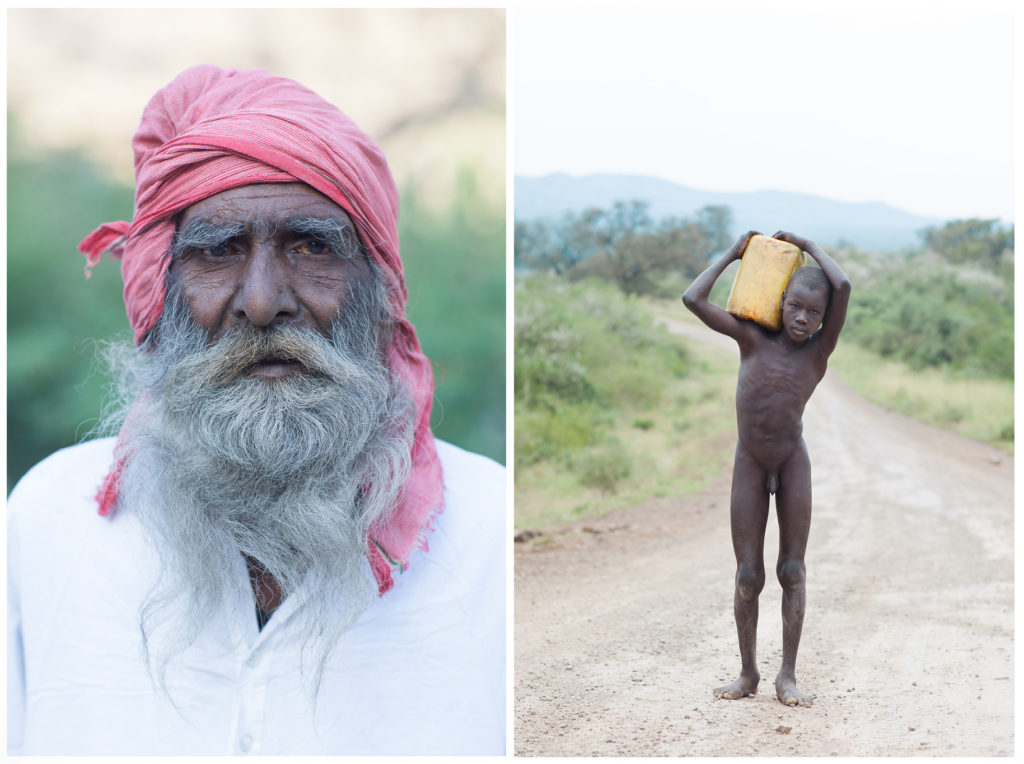
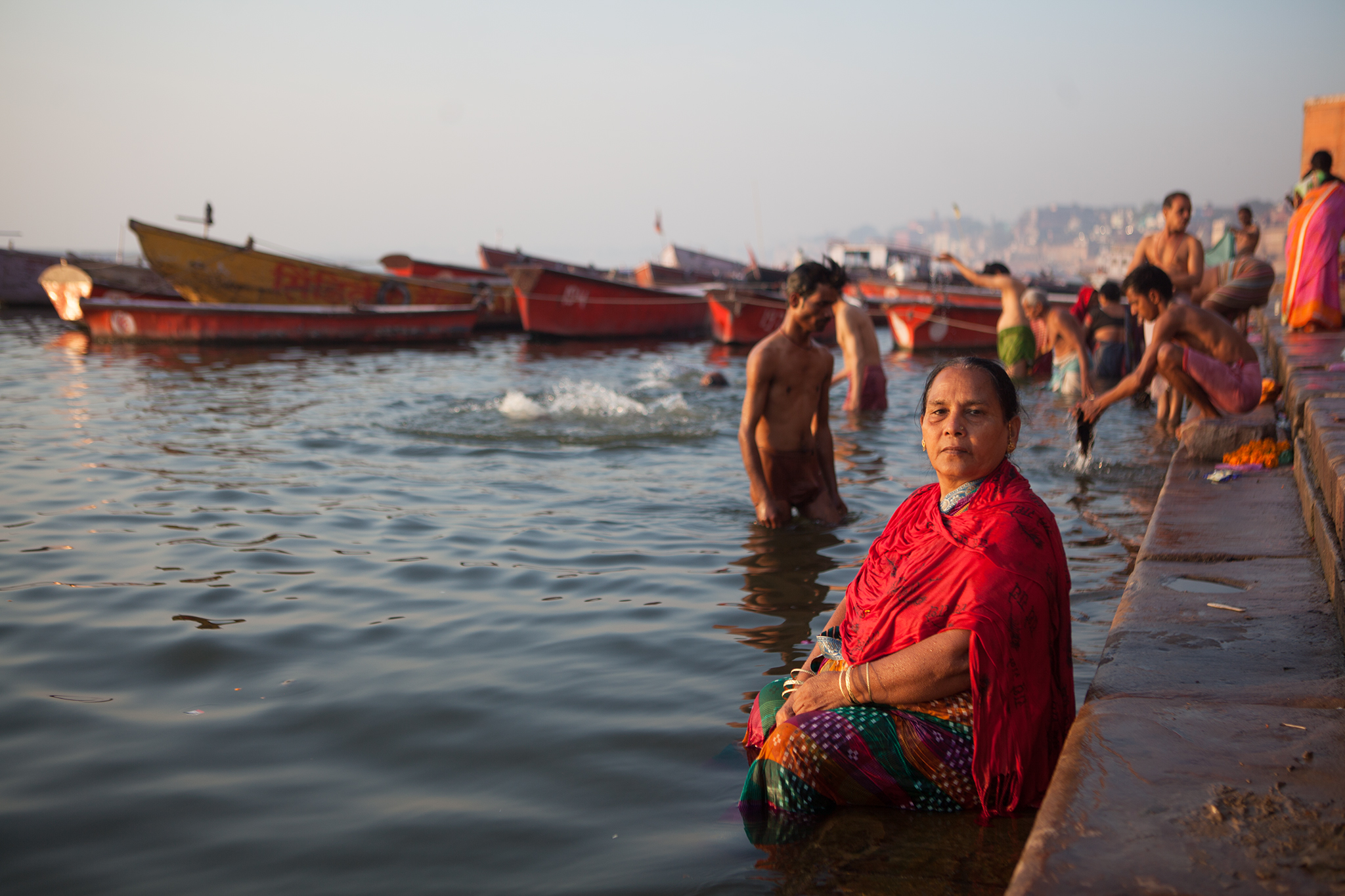
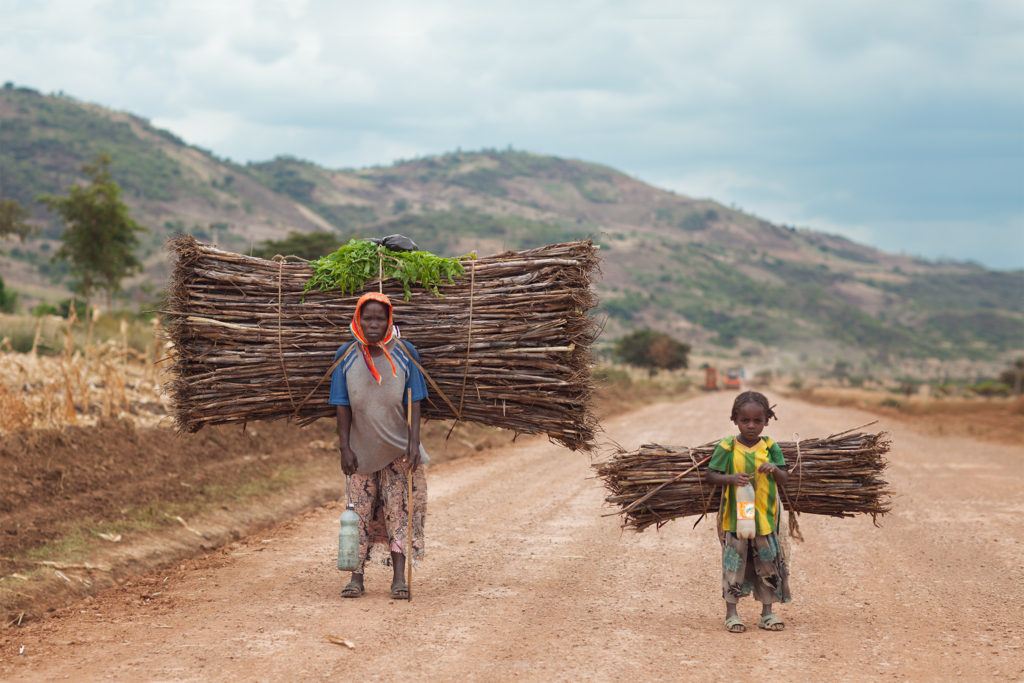
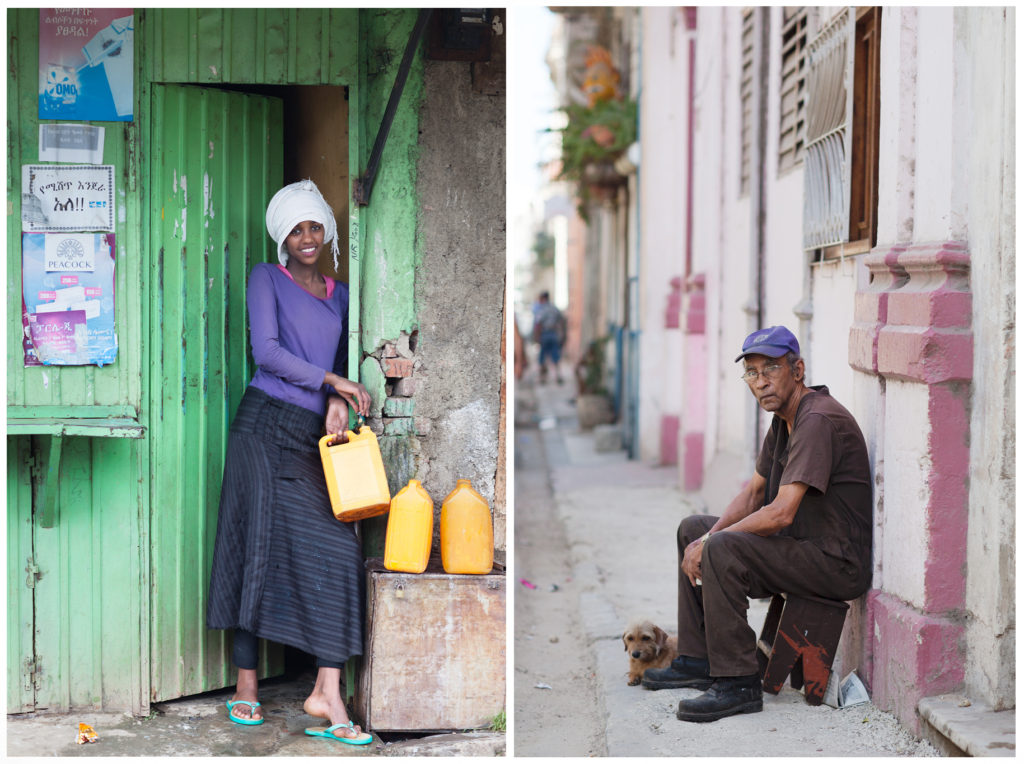
APPROACHING PEOPLE
It’s so fucking rude to get in people’s faces and snap a picture without any kind of contact before. Remember that what you have in front of you is a human being not a tourist attraction! I know approaching random strangers in the streets can be awkward but once you’ve tried it a few times it will start to feel normal and natural.
ASK PERMISSION
Smile a lot, don’t take the camera out right away, first talk to the person in front of you. If you speak the same language explain to them why you want to take their pictures and if you don’t speak the same language use hands gestures to be understood or, even better, learn a few words in the local language ( “Hi” -“what’s your name?” – “can I take a photo of you?” – “thank you” simple frases that can go a long way!).
Once you take the picture show it to them, it will put a smile on their face 9 times out of 10!
IF THEY SAY NO
No means no!
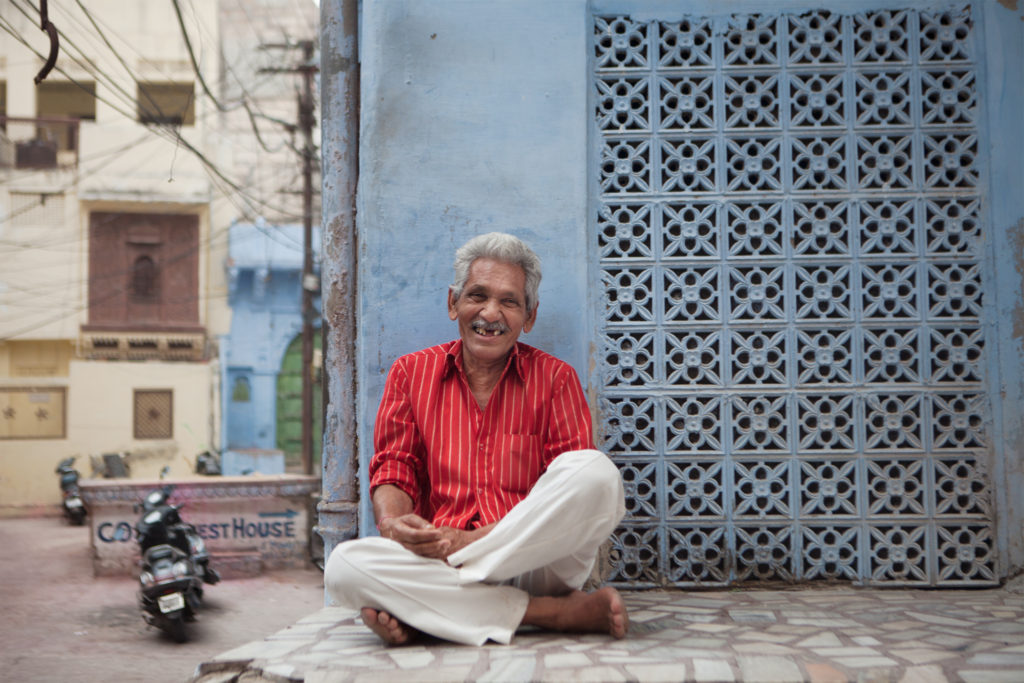
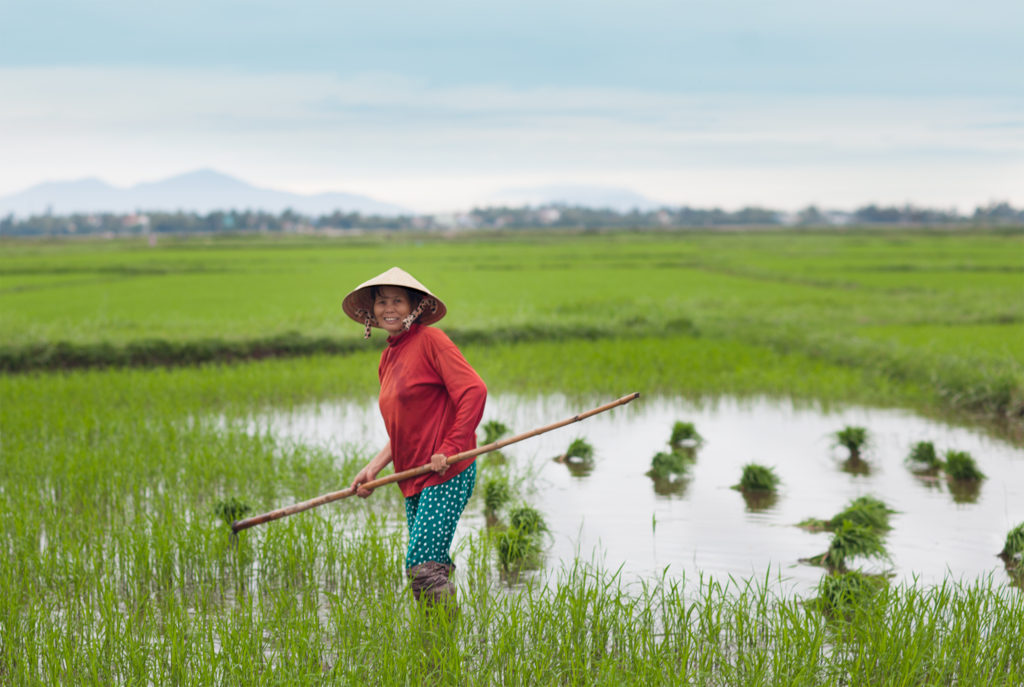
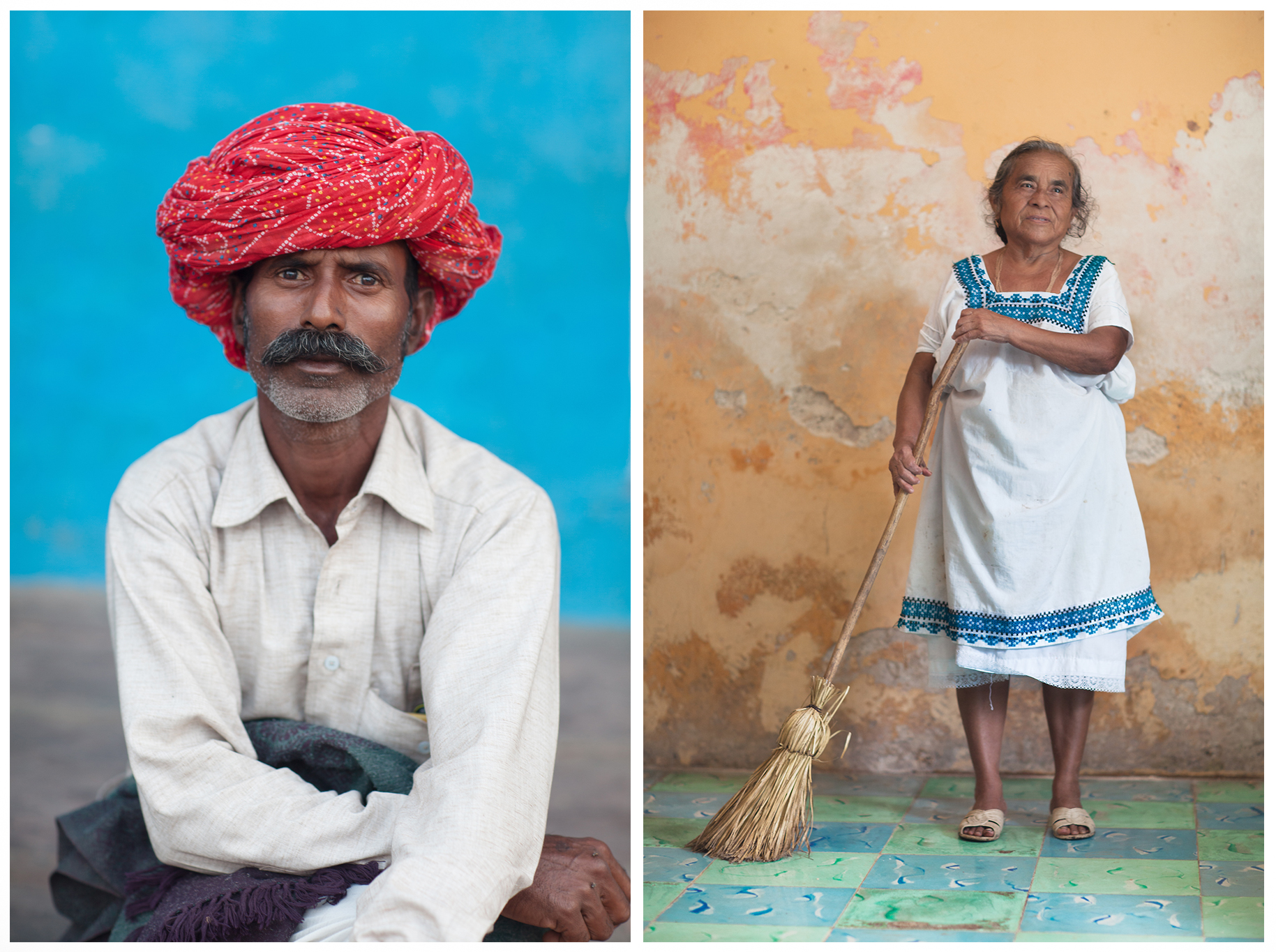
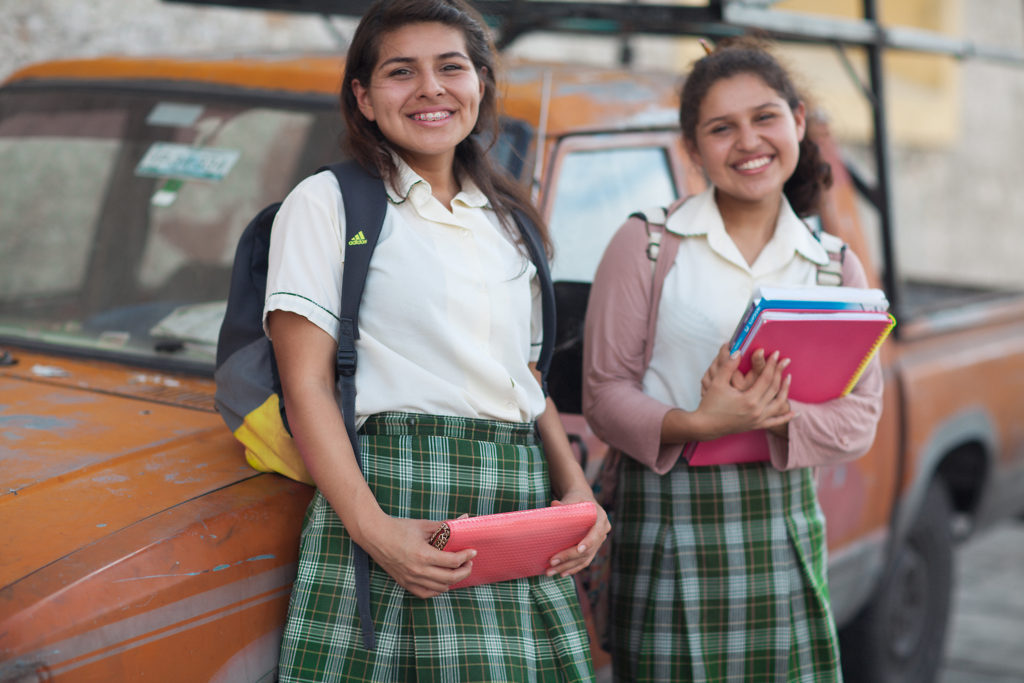
PAYING FOR PHOTOS
This is an endlessly debated topic: Is it ok to pay people to take their picture? A lot of people have mixed feelings about this. My personal opinion is No, it’s not ok (most the time, with a few exceptions.) if it doesn’t feel right.
WHY PAYING FOR PHOTOS IS BAD
Money can be a very bad thing in this case. First of all, paying people for pictures can very easily lead to fakery of culture (do you remember the fake stilt fishermen of Sri Lanka?!), it can also encourage bagging and it can make things more unsafe for who will come after (demanding money for pictures could lead to fights).
EXCEPTIONS
Fakers and tourist traps– You’ve seen the many spidermans on Hollywood blvd and Time Square, or the people dressed in traditional costums in front of some main tourist attractions. In that case paying for pictures is not damaging, that’s what these guys are there for, to make a buck! They aren’t trying to trick you into thinking they really are spiderman, they are putting on a show.
Models – if you are taking a long time bringing a person from background to background than you should definitely think about giving them something, they are basically working for you at that point.
It’s just the way it is – in some countries there are areas where there’s a serious business around making tourists pay for pictures; the Omo Valley in Ethiopia is the perfect example: some of the tribes, like the Mursi, make most of their income thanks to tourists’ pictures, they put a lot of effort in dressing up and decorate their body to be photographed.
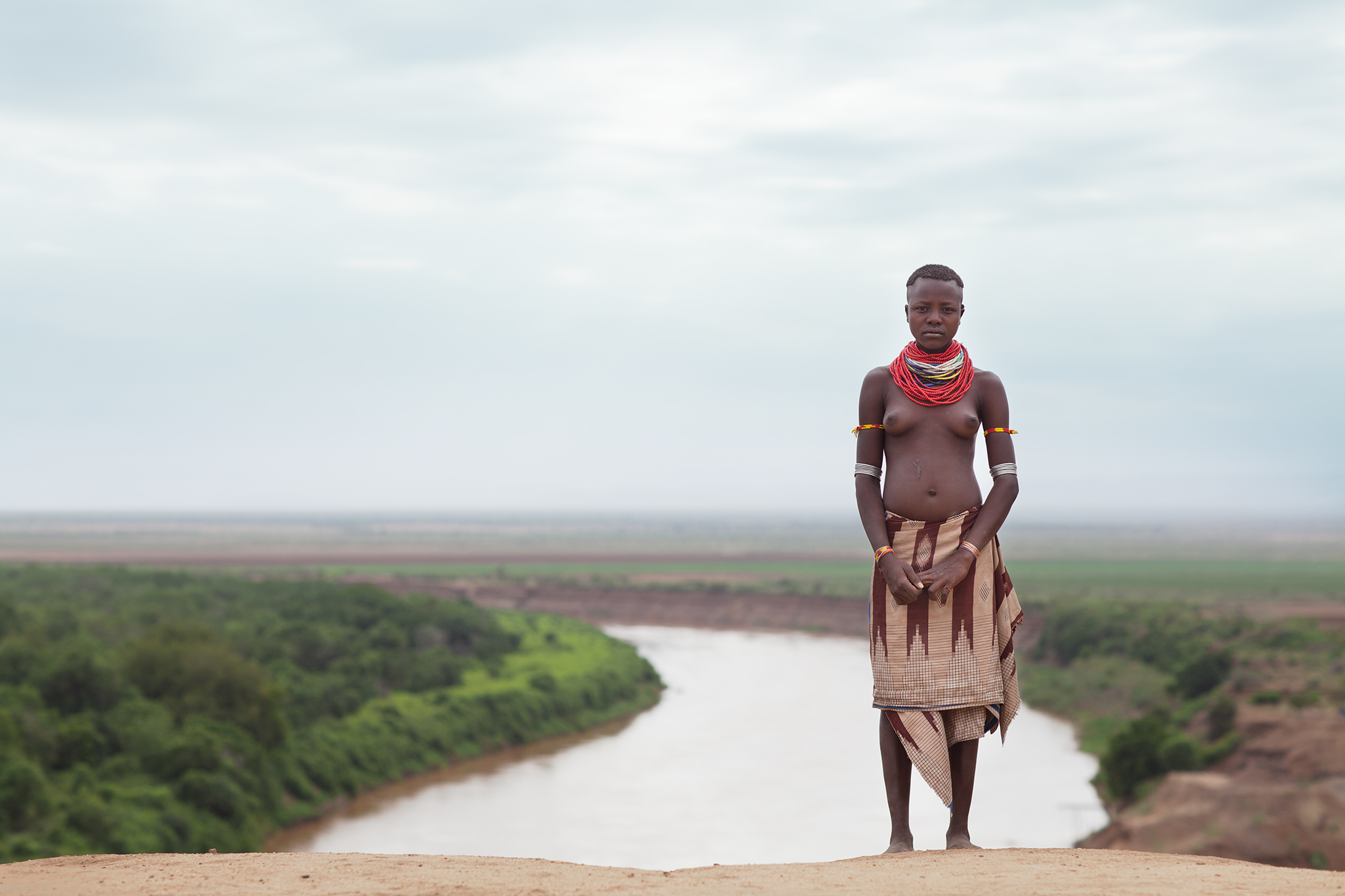
ALTERNATIVES
Instead of paying someone to snap a picture, consider offer them something, a drink, some sweets, anything to show your appreciation. Buy something from the people you photographed if they happened to be vendors at a market.
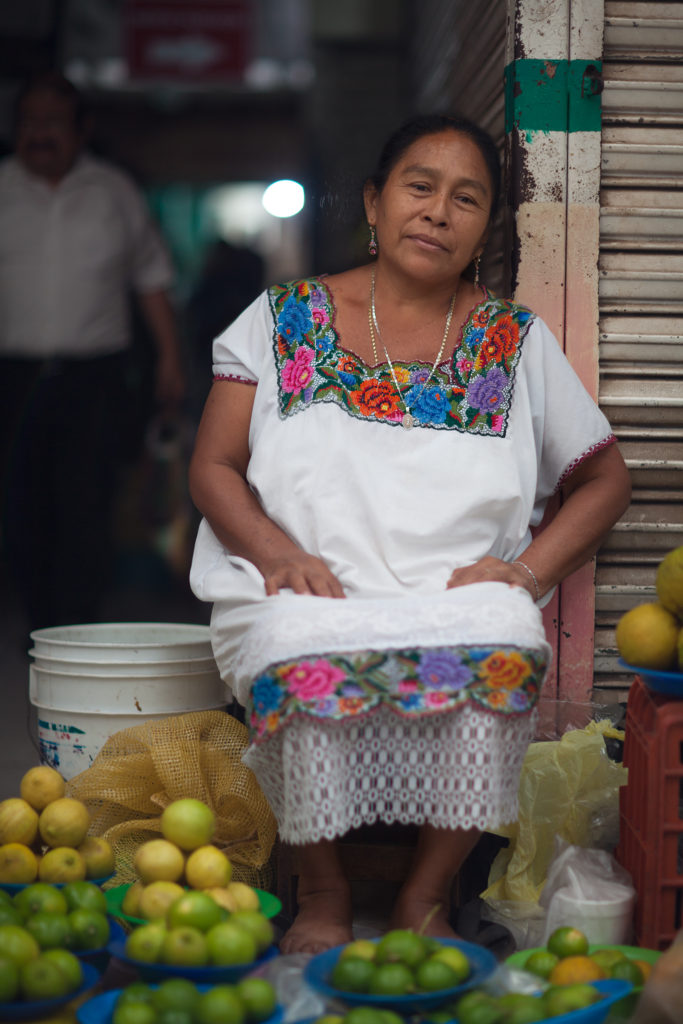
NEVER GIVE MONEY TO KIDS
Never ever ever give money to kids, not for pictures, nor for any other reason. Giving money to children encourages them not to go to school and stay on the streets bagging or selling stuff to tourists. For the same exact reason I just explained to you it’s also not a good idea to give them toys or candy (plus the sugar ruins their teeth, and most kids in poor areas don’t brush their teeth.)
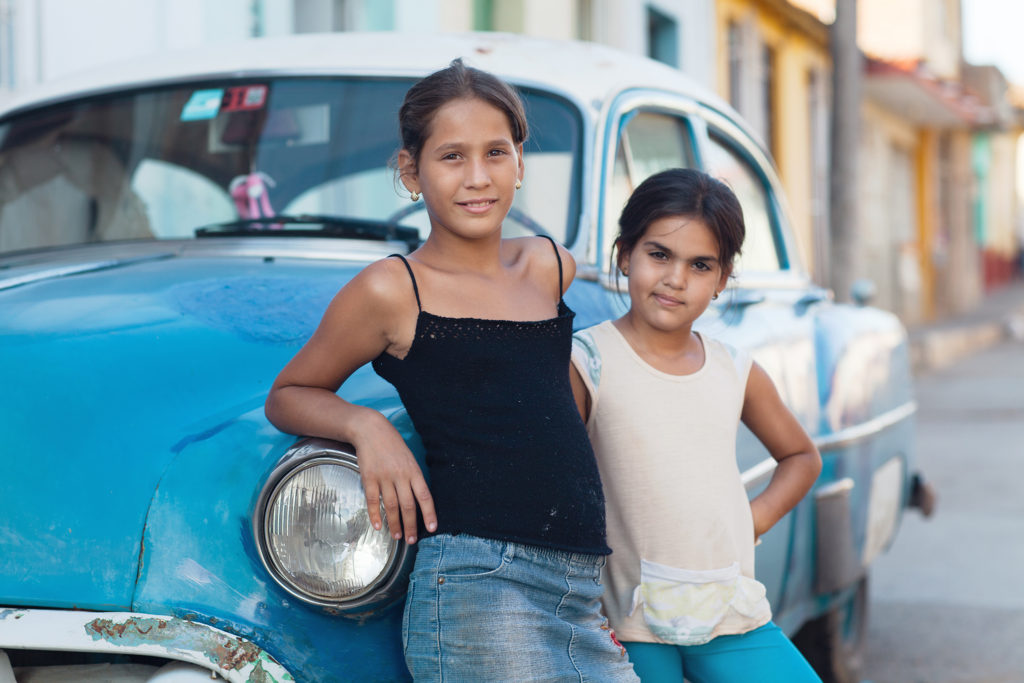
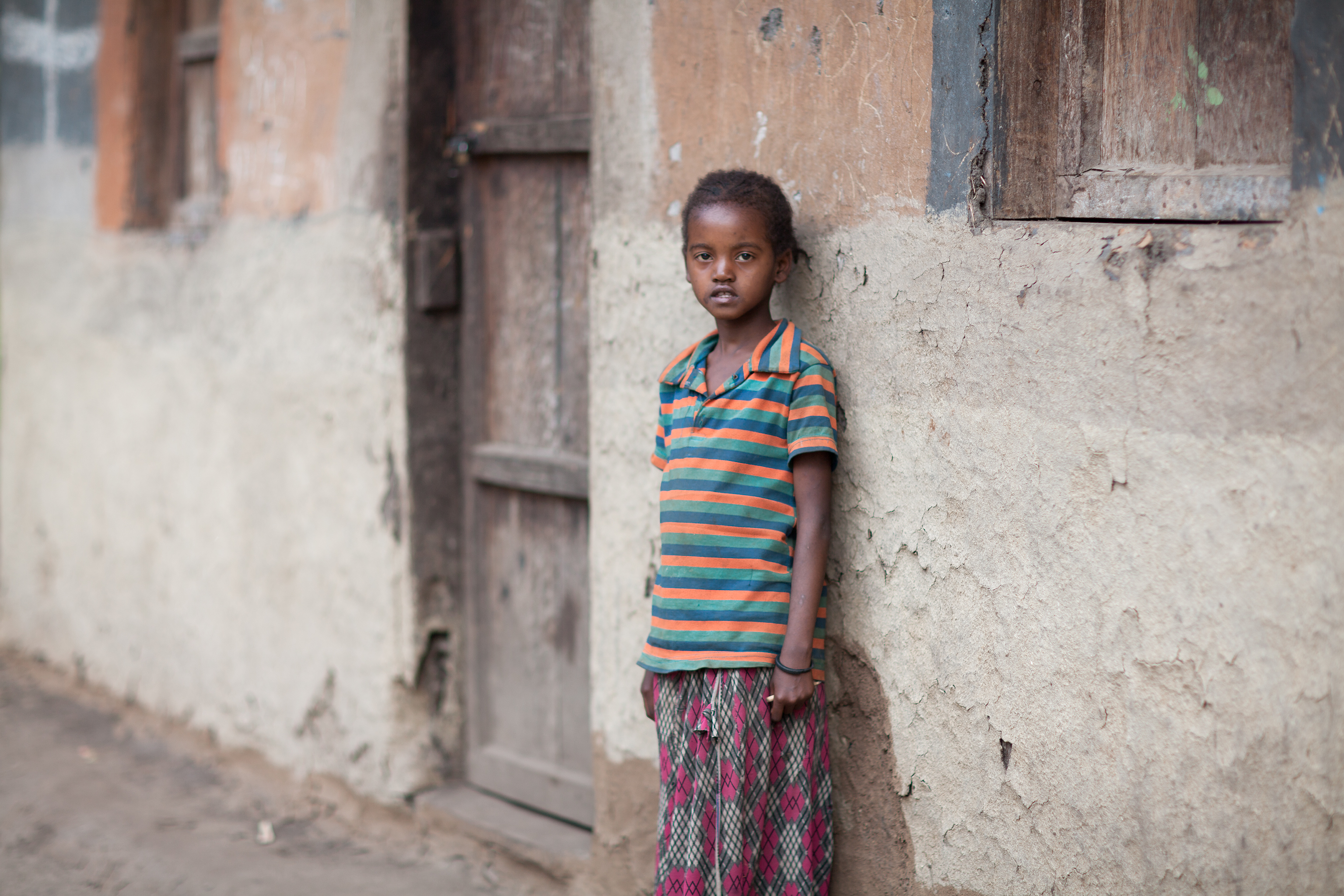
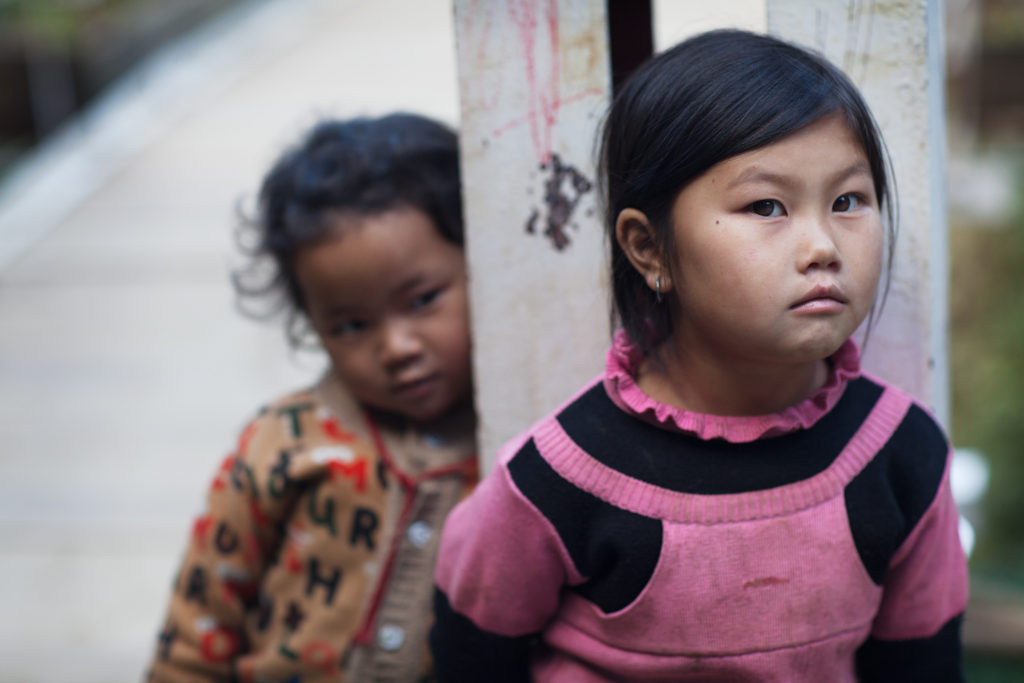
That’s just my 2 cents on how to take travel portraits ethically. When we travel we often forget that we are only guests into someone else’s country, let’s all play our part to respect our fellow humans wherever we are! If you have other useful ways todo things ethically please share them here in the comments!
Love
—S

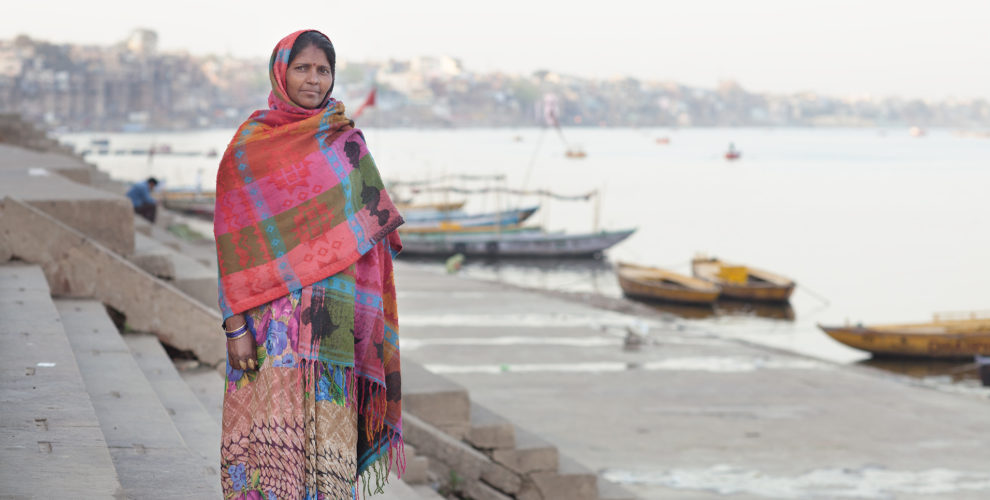


21 Comments
Darshan Gajara
You make such a valid argument on this topic, Sara. And thanks for the etiquettes lessons.
saramelotti
Thank YOU for reading Darhshan 🙂
Kerri
Thank you for this!!!!!!!!!!
Being shy and introverted, approaching people for a photo is intimidating, so I am glad to have read this. Great points and addressed areas I never even thought about.
I appreciate this.
saramelotti
Thanks for reading Kerry! I know it’s a bit scary, the first time i did it i felt so embarrassed but after a few time it started to feel natural and now it’s super easy 🙂
Glad you liked this article!
Big hug
Anita
I’ve always been shy about taking photos of people when I travel even though I want to. Thank you for the tips and reasoning, Sara! I’ll remember this next time!
saramelotti
Thank you Anita, I’m so happy you found this helpful! I promise it gets easier to approach people, just matter of practice 😉
Rameez Ahmed
This is the first time I have across something like this. Very useful and well presented. Great job !
saramelotti
So happy you liked it Rameez, thanks for reading!
David Hall
Sara, I liked what you said about dignity and respect!
saramelotti
Thank you so much David 🙂
Victoria @TheBritishBerliner
I agree with you on being as ethical as possible however, I’m alarmed to see that you’ve enclosed a photograph of a teenage boy who is naked!
Why is this?
I doubt that you asked permission from either himself or his parents, to take him in that state.
I’m sorry to say this, but taking pictures of naked children is ethically irresponsible, whatever the culture or the circumstances.
saramelotti
I don’t see anything wrong with nudity. This is a portrait of a strong young man. I met him in the middle of nowhere in the Omo Valley, after he walked for miles to bring water to his village, I spent an hour with him talking through my fixer. Of course I asked him permission duh! I don’t think is ethically irresponsible I think it’s showing reality, a reality that you clearly don’t know much about.
Just because nudity is tabu for some people it doesn’t mean it has to be for everyone else in the world 🙂
Victoria @TheBritishBerliner
I don’t see anything wrong with nudity either Sara. I am a British European after all!
However, this photograph is of a child, and not a ” strong young man” as you put it. “Men” in Ethiopia, or anywhere else in Africa, don’t fetch and carry water! Tribespeople of the Omo Valley are wonderful and attempt to continue their way of life, but that doesn’t give anyone the right to exploit them.
saramelotti
I don’t mean to offend you but, have you been to Ethiopia? Cause it looks like you have no idea what you are talking about. No one exploited the kid. And oh yes he was very much carrying water!
Victoria @TheBritishBerliner
I’m not offended, just amazed at your use of language. I haven’t been to Ethiopia, but I’ve been to other North African countries many times, as well as West Africa, South Africa, and many parts of Asia. I’ve been travelling since the 90’s, I know exactly what I’m talking about daaaarling!
In short, the person you should have asked permission from, is his parents, not the child? African or not!
saramelotti
I don’t care how many countries you’ve been to, It’s a pretty ignorant generalization to think that all countries in Africa are the same!
And no, I don’t need to ask permission to parents to take a photo, I am a professional photographer and I know what I can or can’t do 🙂
Victoria @TheBritishBerliner
Really?
This “discussion” is leading down a path that I’ve no intention of continuing. I’m a new reader of your blog. I subscribed because I liked the way you wrote. However, I certainly don’t like the tone in which you have addressed my concerns – Taking a photograph of a naked teenaged child & putting it on the web for all to use, as they deem fit – There’s no dignity & certainly, no respect!
saramelotti
Again, I don’t mean to offend you but that’s just your opinion (which you are welcome to express),but it’s not universal truth.
sabrina
Scattare ritratti è una delle cose che amo di più ma che più mi spaventano al tempo stesso. Sono assolutamente d’accordo nel chiedere una foto con il sorriso, anche se il rischio è che la persona si senta in dovere di mettersi in posa. Quello dell’autenticità e della natralezza è un equilibrio sottile, per questo le tue foto sono cosi belle <3
Aaron
Really great pictures and a good sense of work ethic. Unlike some people in the comments, I don’t see anything wrong with any of the pictures you’ve taken. They’re done tastefully and respectfully and envision a reality different than ours. Our laws on society are not of universal practice, something I’ve been in discussion about for a fairly long time. Keep up the good work, Sara.
riya
Fabulous article – really the best I’ve ever read.keep up the good work and keep on writing such a article topic about travel portrait ethically. Thank you for writing.